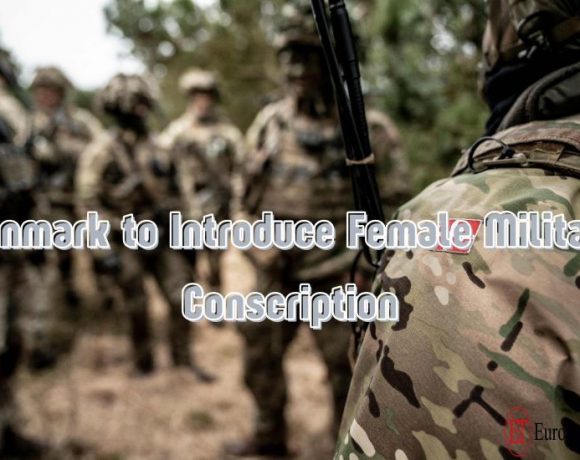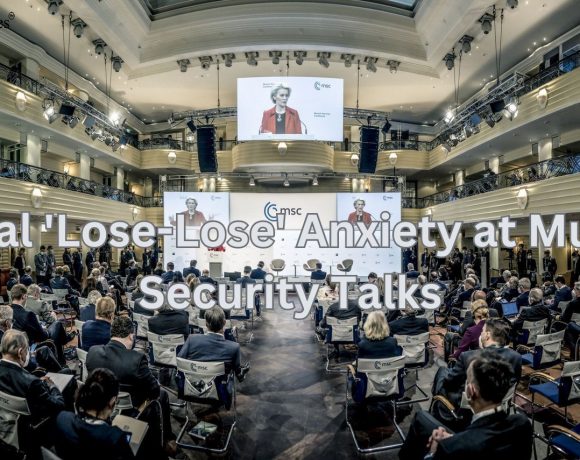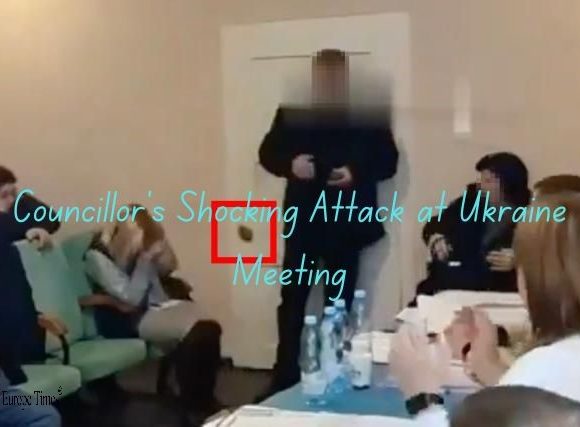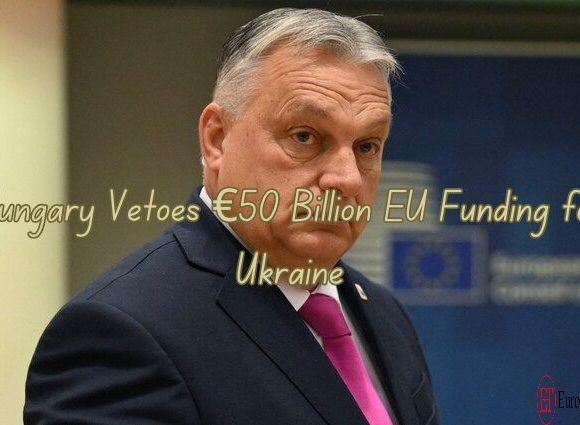
Denmark has announced significant reforms to its military, including extending conscription to women for the first time and increasing the standard service duration. This decision is part of a plan to bolster its defense capabilities and align with NATO targets amid heightened tensions in Europe following Russia’s invasion of Ukraine in 2022.
Prime Minister Mette Frederiksen emphasized that the aim of these reforms is not to seek conflict but to prevent it. The government intends to achieve gender equality in the armed forces, with Defence Minister Troels Lund Poulsen stressing that more inclusive conscription will address defense challenges and contribute to national mobilization.
Denmark will become the third European nation, after Norway and Sweden, to mandate women’s conscription starting from 2026, alongside extending service duration for both genders from four to 11 months. These changes aim to increase the number of individuals serving in the military annually from 4,700 to 5,000, with approximately 25% being women.
With a current armed forces strength of around 20,000 personnel, Denmark, with a population of nearly six million, plans to raise its military spending from 1.4% to 2% of GDP to meet NATO’s requirements. Lawmakers have taken measures such as abolishing a public holiday to redirect funds towards defense spending.
Denmark has been a staunch supporter of Ukraine, providing advanced weapons, financial aid, and training to Ukrainian pilots on F-16 fighter jets. Additionally, Finland and Sweden have recently joined NATO as the alliance strengthens its defenses in Europe amid ongoing geopolitical tensions.
Picture Courtesy: Google/images are subject to copyright




